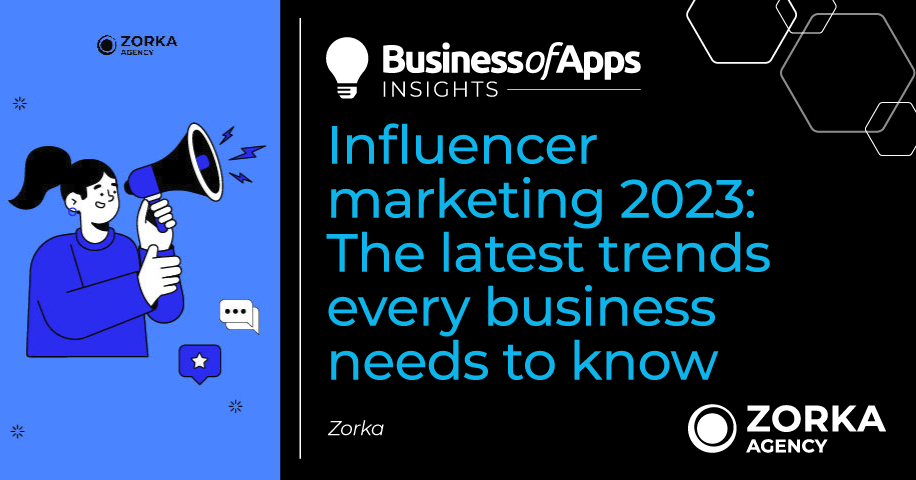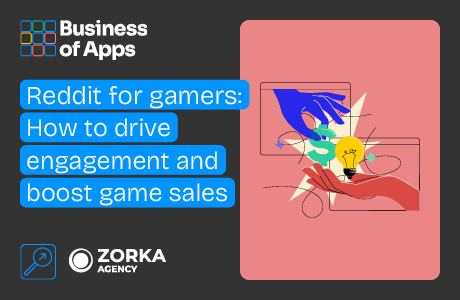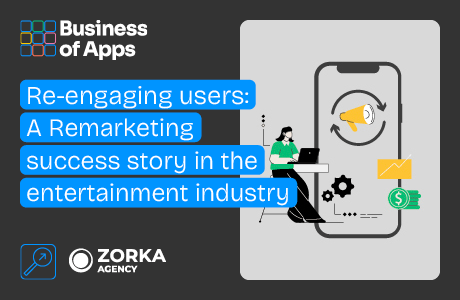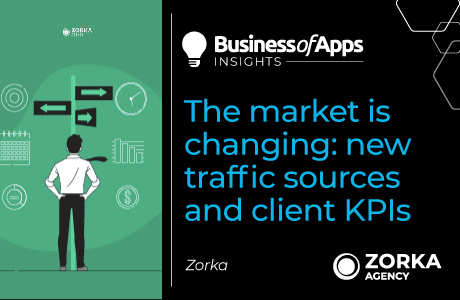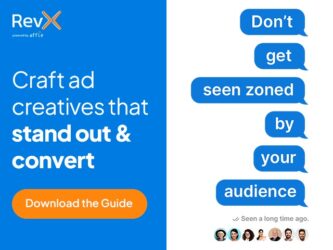Influencer marketing has been a popular buzzword for quite some time now, and it’s not showing any signs of slowing down. According to the Influencer Marketing Benchmark Report 2023, the influencer marketing industry is set to grow to approximately $21.1 Billion this year. As the market continues to grow, it’s important to stay up-to-date with the latest news and trends to keep your business ahead of the game.
Firstly, let’s talk about how businesses could benefit from influencer marketing. Influencer marketing can be a powerful tool to reach target audiences and increase brand awareness. Here are some of the reasons why businesses should consider implementing influencer marketing into their marketing stack:
- Reach a target audience – Influencers have a loyal and engaged following in a specific niche, which can help businesses reach their target audiences.
- Build credibility and trust – Influencers have built a level of trust and credibility with their followers, and when they endorse a product or service, it can help build that same trust and credibility for your business.
- Increase brand awareness – By partnering with influencers, businesses can increase their brand visibility and reach a wider audience.
- Cost-effective – Influencer marketing can be more cost-effective than traditional marketing methods, as it allows businesses to reach a large audience without spending a lot of money on advertising.
- Authenticity – Influencers can help businesses create authentic and relatable content that resonates with their target audience.
- Drive sales – Influencer marketing can also lead to increased sales, as followers of an influencer may be more likely to purchase a product or service if it is recommended by someone they trust.
- Performance-oriented approach – Influencer marketing is widely known as a brand awareness tool, but it changes. Advertisers as well as platforms now optimize their campaigns for delivering performance KPIs and results.
- Price reduction – Buying advertising from influencers reduces the cost of attracting a user from other sources, i.e. Facebook, Google Ads, etc.
Overall, influencer marketing can be an effective way for businesses to reach their target audience, increase brand awareness, and drive sales, all while building credibility and trust with their customers.
Secondly, there are several ways to organize and manage the workflow when developing influencer marketing campaigns, and the specific approach used can depend on factors such as the goals of the campaign, the target audience, and the available resources.
Here are two common types of workflow management for influencer marketing campaigns:
The first one is to contact a team of professionals with deep expertise in influencer marketing. It’s a good option if you’re looking for a reliable and efficient way to execute an influencer marketing campaign. Working with an agency can help you save time and resources, while also benefiting from the agency’s expertise and experience.
By leveraging an agency’s experience and global database of influencers, you can identify the best bloggers, vloggers, and social media personalities who can help you reach your target audience. This can lead to better engagement, higher conversion rates, and a stronger ROI for your campaign.
Additionally, by working with an agency, you can benefit from the agency’s ability to negotiate with influencers and manage all aspects of the campaign, including tracking and measuring the results. This can help you optimize your campaign over time and achieve better outcomes.
The second is to grow expertise within your own team. Educational courses on influencer marketing management can certainly be a valuable investment for companies looking to build expertise within their own team. For example, the Hypertrain platform influencer manager course can provide valuable knowledge and insights into the influencer industry, including the latest trends and best practices.
Getting your marketing team to attend an influencer marketing course is generally a great place to start. Attending such a course can help your colleagues develop the skills and knowledge needed to effectively manage influencer marketing campaigns, build relationships with influencers, and stay up-to-date with the rapidly evolving industry. An influencer marketing course can also provide valuable knowledge and insights into the influencer industry, including the latest trends and best practices. This can ultimately lead to more successful influencer campaigns and a stronger return on investment for your company.
It’s worth noting, however, that simply attending a course is not enough to become an expert in influencer marketing. It’s important for your colleagues to also gain hands-on experience and continue to stay up-to-date with industry developments and changes. Encouraging them to attend industry events, participate in online discussions, and stay connected with influencers and other marketing professionals can all help build their expertise over time.
Latest influencer marketing trends
Keeping up with the latest platform updates and market trends is an important aspect of running a successful influencer marketing campaign. This is because social media platforms like YouTube, Instagram, and TikTok are constantly evolving, and new features and trends emerge all the time. Being aware of these updates and trends can help you identify new opportunities and stay ahead of the curve.
Speaking of the latest platform news, here are some of the ones you can apply to your influencer marketing strategy today:
- YouTube adds new options for podcast creators – Lately, YouTube has been making efforts to improve its podcast capabilities and features in response to the growing popularity of audio content. With the new podcast tools, creators can now create a new podcast directly within the YouTube Studio, and they can also designate an existing playlist as a podcast, which will make it easier for them to manage and upload their podcasts on the platform.
- YouTube is experimenting with suggested hashtags – By using the suggested hashtags, businesses can improve the discoverability of their videos and reach a wider audience. This can be particularly helpful for long-form video content that may not otherwise appear in search results or related video suggestions.
- Overlay ads are going away – As of April 6th, overlay ads will no longer appear. YouTube says that this is a “legacy” ad format, which has proven to be disruptive for viewers. With the removal of overlay ads, businesses may want to consider other ad formats such as skippable video ads, non-skippable video ads, and bumper ads. These formats can provide a better viewing experience for the audience while still allowing businesses to reach their target market.
- Instagram: full Reels video in Stories – Reels has become a key focus for Meta as it looks to re-ignite usage growth and keep people in the app for longer. Instagram’s working on a new way to integrate Stories and Reels. Some users are now seeing full-length Reels playing in the Stories stream as opposed to only getting the first 15 seconds and then having to tap to view the whole thing.
- Instagram: NFT deactivation – Meta announced that starting from April 11th active NFTs in Instagram and Facebook will be deactivated as the company winds down its NFT-related projects.
Another important factor for the success of an influencer marketing campaign is using the latest technology. For instance, incorporating technology such as AI can help you make more informed decisions and optimize your campaigns for better results. AI-powered tools can help you identify the most relevant influencers for your brand, analyze their engagement rates and audience demographics, and track the success of your campaigns. Or, you can use ChatGPT to help with creating content.
Finally, creativity is an essential approach when it comes to influencer marketing. With so many brands and influencers vying for consumers’ attention, it’s important to stand out and offer something unique and compelling. This could involve developing creative content that resonates with your target audience, partnering with influencers who align with your brand’s values and messaging, or leveraging innovative technologies to create a memorable campaign experience. Here are some examples.
Conclusion
Influencer marketing has become an increasingly popular strategy for businesses to reach their target audience, increase brand awareness, and drive sales. With the right approach and management, influencer marketing campaigns can lead to better engagement, higher conversion rates, and a stronger return on investment.
Staying up-to-date with the latest platform updates and market trends is crucial for running successful influencer campaigns. Whether you choose to work with a professional influencer marketing agency or build expertise within your own team, it’s important to stay informed and adapt to changes in the industry. By doing so, businesses can continue to leverage the power of influencer marketing to achieve their marketing goals and grow their brand.
To help businesses follow the latest trends and updates in digital marketing, we have launched a monthly podcast “Digital Marketing Digest,” check it out here.



